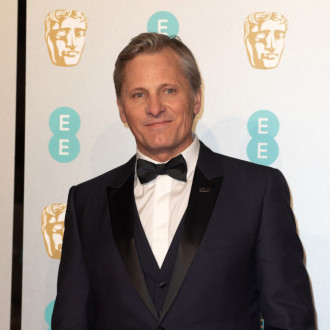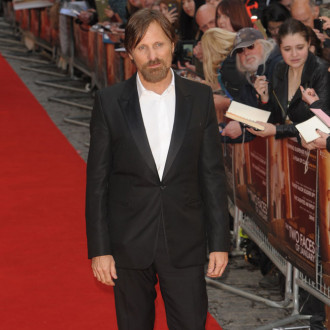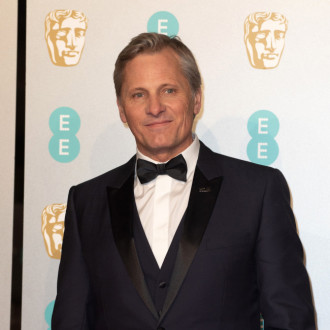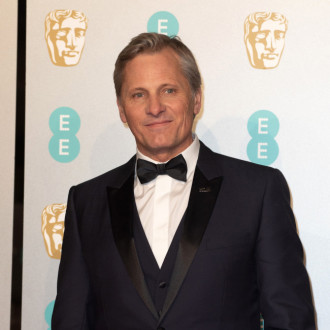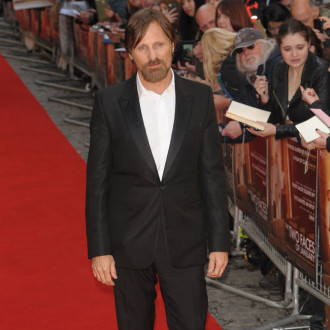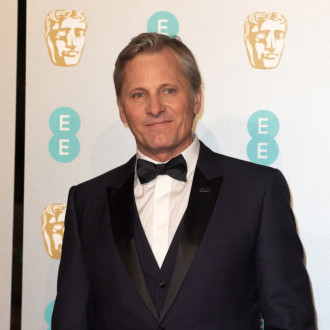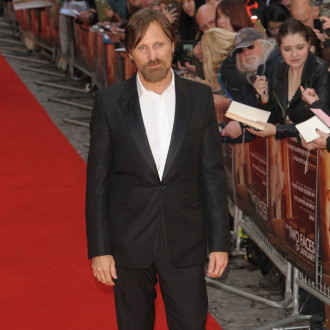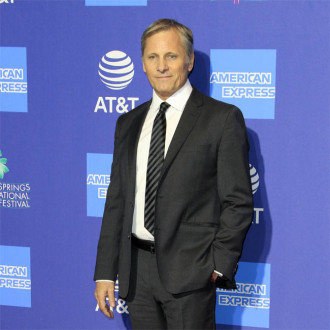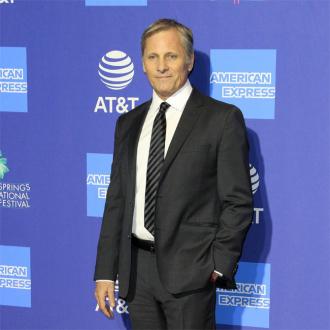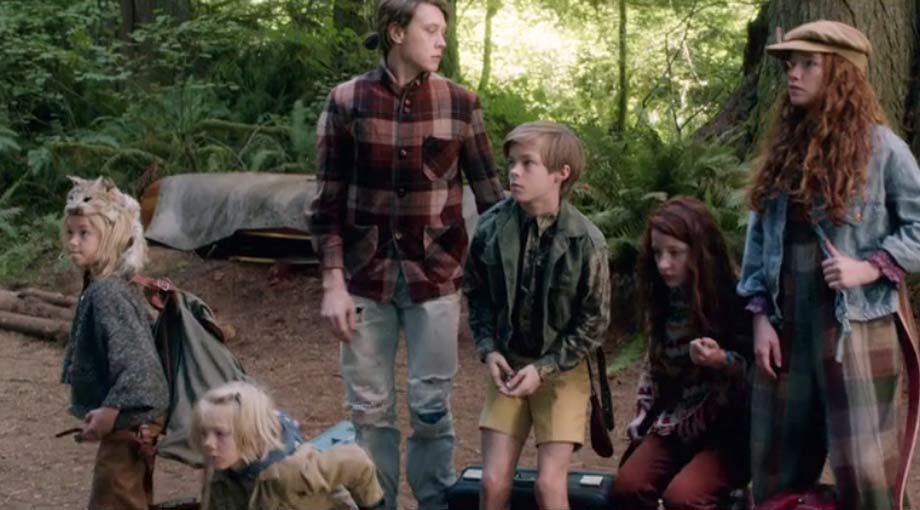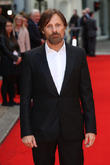Viggo Mortensen Calls Lord of the Rings Movies "Straight to Video, Sloppy" Films
By Michael West in Movies / TV / Theatre on 15 May 2014
Viggo Mortensen on Lord Of The Rings. Peter Jackson, look away now.
Viggo Mortensen, the actor best known for playing Aragorn in the Lord Of The Rings movies, says the second and third films in the franchise were "sloppy" movies and would have been straight-to-video had the first instalment not received critical acclaim. Mortensen doesn't mince his words about the trilogy in a new interview with The Telegraph, claiming that director Peter Jackson was practically "finished" before the first movie got a good reception at Cannes.
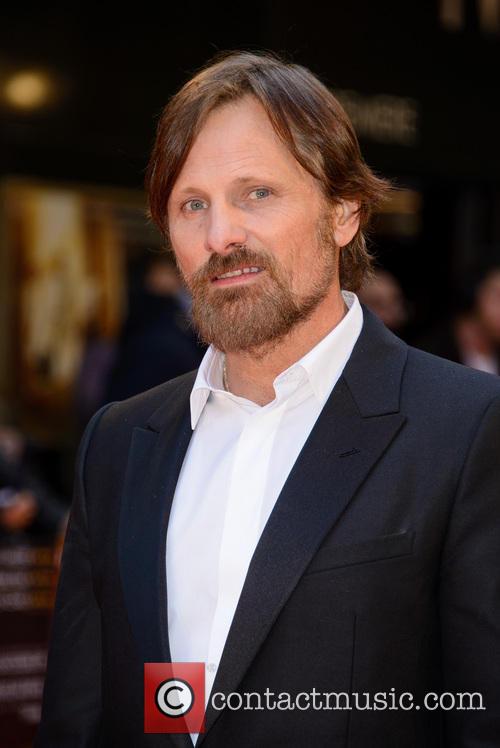 Viggo Mortensen at the premiere of 'The Two Faces of January'
Viggo Mortensen at the premiere of 'The Two Faces of January'
"Anybody who says they knew it [Lord of the Rings] was going to be the success it was, I don't think it's really true," he said.
"They didn't have an inkling until they showed 20 minutes in Cannes, in May of 2001. They were in a lot of trouble, and Peter had spent a lot. Officially, he could say that he was finished in December 2000 - he'd shot all three films in the trilogy - but really the second and third ones were a mess. It was very sloppy - it just wasn't done at all. It needed massive reshoots, which we did, year after year. But he would have never been given the extra money to do those if the first one hadn't been a huge success. The second and third ones would have been straight to video."
More: Check out our pictures from the 'Two Faces of January' premiere
"Peter was always a geek in terms of technology but, once he had the means to do it, and the evolution of the technology really took off, he never looked back. In the first movie, yes, there's Rivendell, and Mordor, but there's sort of an organic quality to it, actors acting with each other, and real landscapes; it's grittier," he said
"The second movie already started ballooning, for my taste, and then by the third one, there were a lot of special effects. It was grandiose, and all that, but whatever was subtle, in the first movie, gradually got lost in the second and third. Now with The Hobbit, one and two, it's like that to the power of 10,"
On more of a personal level, Mortensen questioned the direction of Jackson's career and his preference for big budget and special effects.
"Peter, I was sure he would do another intimately scaled film like Heavenly Creatures, maybe with this project about New Zealanders in the First World War he wanted to make. But then he did King Kong. And then he did The Lovely Bones - and I thought that would be his smaller movie. But the problem is, he did it on a $90?million budget. That should have been a $15?million movie. The special effects thing, the genie, was out of the bottle, and it has him. And he's happy, I think."
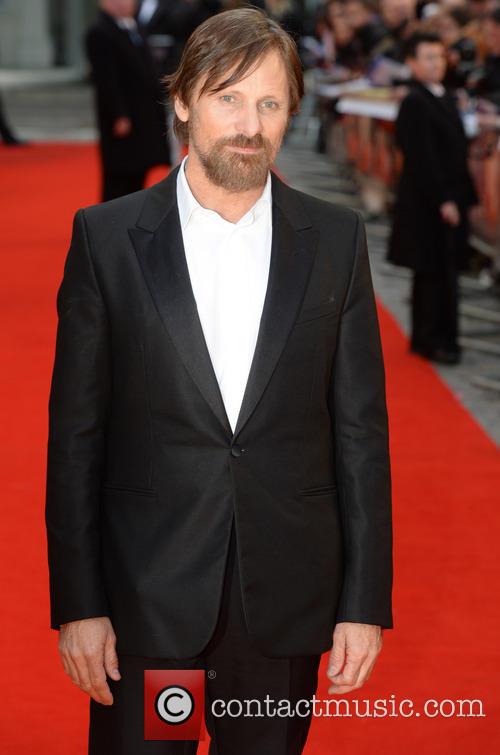 Viggo Mortensen doesn't think much to the second and third Lord of the Rings movie
Viggo Mortensen doesn't think much to the second and third Lord of the Rings movie
In terms of his own career, Mortenson admitted he got plenty of silly-money offers for poor movie following Lord of the Rings. He refused almost all of them, bar the mustang-racing adventure Hidalgo (2004), until arguably the script for what would become the finest movie of his career came his way. Still, the actor wasn't sure about A History of Violence.
"It's true, I was getting an awful lot of offers, mainly bad scripts," he said, "All of a sudden I had options. But now, more than ever, I was thinking I should do what I'd always done, which was to find a good story, something I wouldn't be embarrassed to see in the cinema. Then [Josh Olson's] script came from David Cronenberg. David Cronenberg! I read it and I was quite disappointed. It was 120-odd pages of just mayhem; kind of senseless, really. And I thought, 'Nah.' A lot of crazy fighting stuff, bloodletting, for no apparent reason. I said, 'I love him, but I don't want to waste his time, so no.'
More: Viggo Mortensen says superhero role would be "fun"
"Anyway, he was coming to LA and wanted to have breakfast, just to talk about it. So we sat down. He was this Canadian gentleman, with a wry sense of humour. Not a crazy vampire. Very polite, soft-spoken. So I said, 'The thing with this script.', and he said, 'Yeah, I hear you didn't like it?' And I said 'Well, it's not a question of like or dislike, it's just not my thing, really, it seems like straight exploitation, just gore; it's a pulp novel.' And he said, 'I agree.' And we talked about political things, all the ramifications of telling a story like that. Everything I brought up, he had the same objections, and had already thought it through. And he said, 'Just trust me, I'm going to work on this.' He should have actually taken a screenplay credit, because that 120-something pages ended up being about 72 pages, and that was him."
Contactmusic
Movies and Trailers
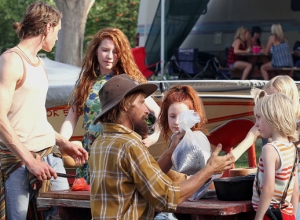
Captain Fantastic Movie Review
An offbeat comedy-drama with a timely kick, this charming family road trip takes on some...
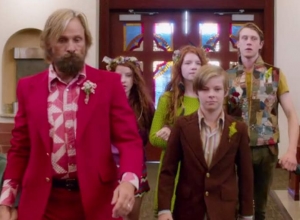
Captain Fantastic- Teaser Trailer
Devoted father Ben (Viggo Mortensen) has been raising his six children in the forests of...

The Two Faces of January Movie Review
This sun-drenched thriller is much more than a pretty picture: it's also a slow-burning story...
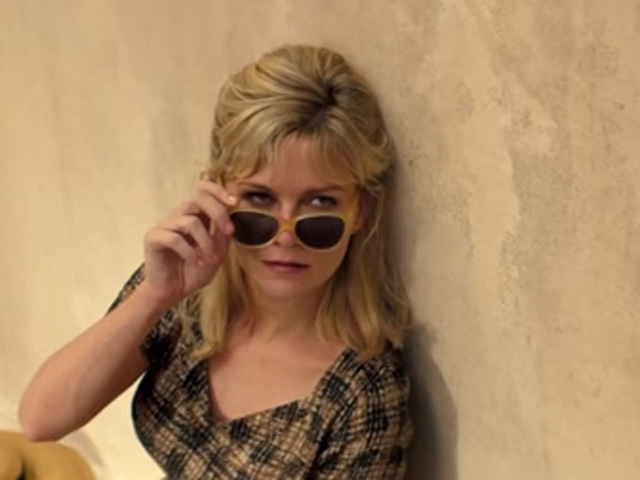
The Two Faces Of January Trailer
Chester MacFarland is a wealthy businessman whose business ventures are often far from lawful. During...
![Everybody Has a Plan [Todos Tenemos un Plan] Movie Review Everybody Has a Plan [Todos Tenemos un Plan] Movie Review](http://images.contactmusic.com/images/reviews2/everybody-has-a-plan-fr.jpg)
Everybody Has a Plan [Todos Tenemos un Plan] Movie Review
While it's fascinating to see Viggo Mortensen starring in an Argentine thriller, the film itself...

On the Road Movie Review
Despite the skill behind and in front of the camera, a badly constructed script flattens...
Advertisement

On The Road Trailer
Sal Paradise is an ambitious young writer trying to find his place in the world....

A Dangerous Method Movie Review
Cronenberg's brainy approach makes this film fascinating but demanding as it traces the birth of...

A Dangerous Method Trailer
Set in Vienna before the start of World War One, Carl Jung, a student of...
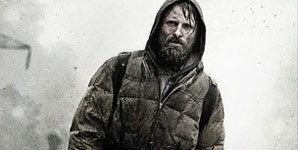
The Road Trailer
Watch the trailer for The Road When an unexplained cataclysm destroys most of the developed...
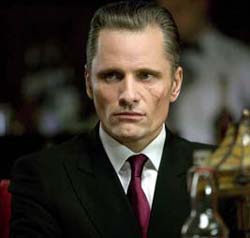
Eastern Promises Movie Review
We're in London and the streets look like they are owned and operated by Beelzebub...

The Lord of the Rings: The Two Towers Movie Review
Need I provide a pithy introduction to The Two Towers, the second installment in The...

The Lord of the Rings: The Fellowship of the Ring Movie Review
You think Harry Potter had expectations? It's a beloved book, sure, but it was...
Advertisement
